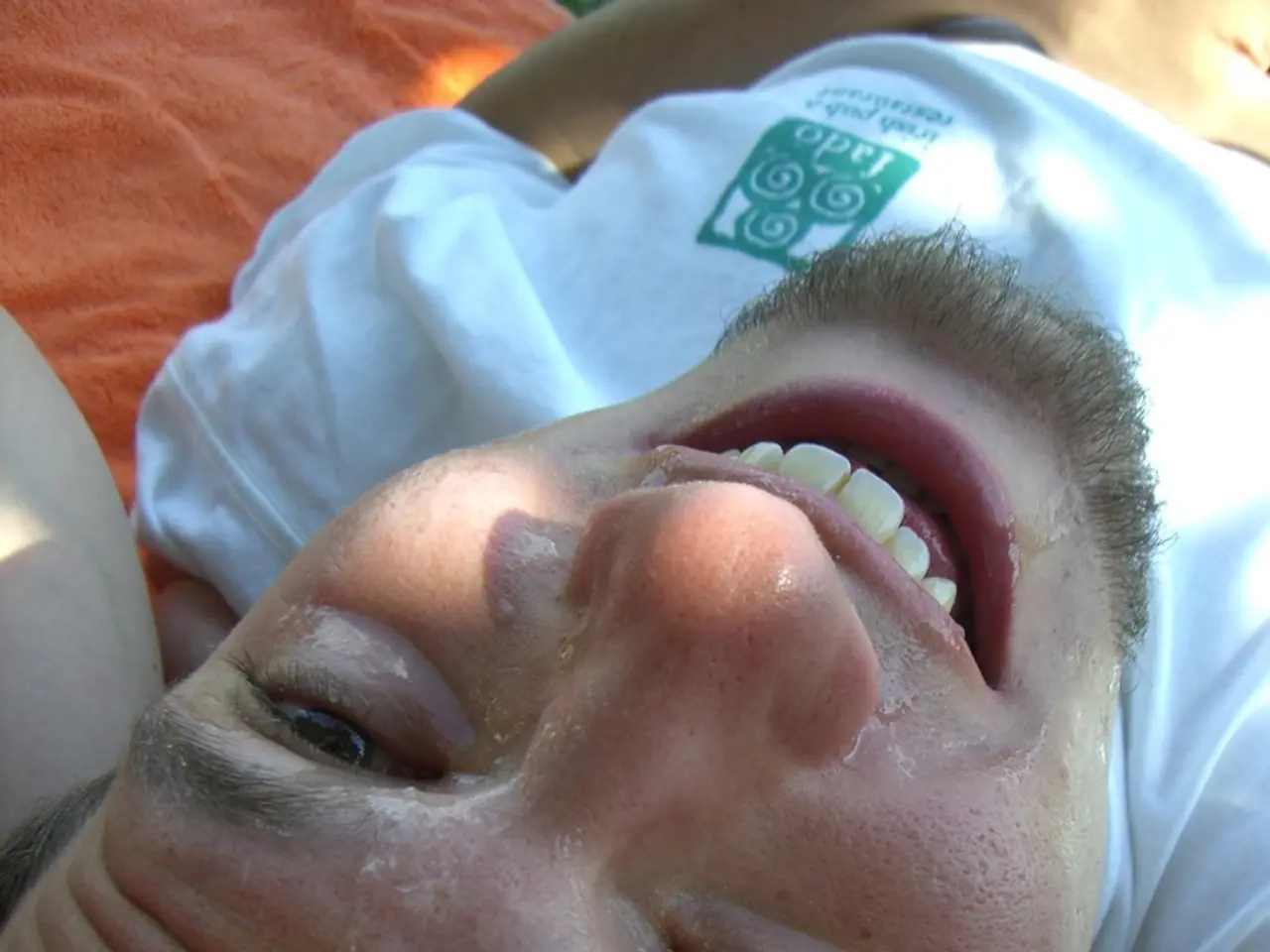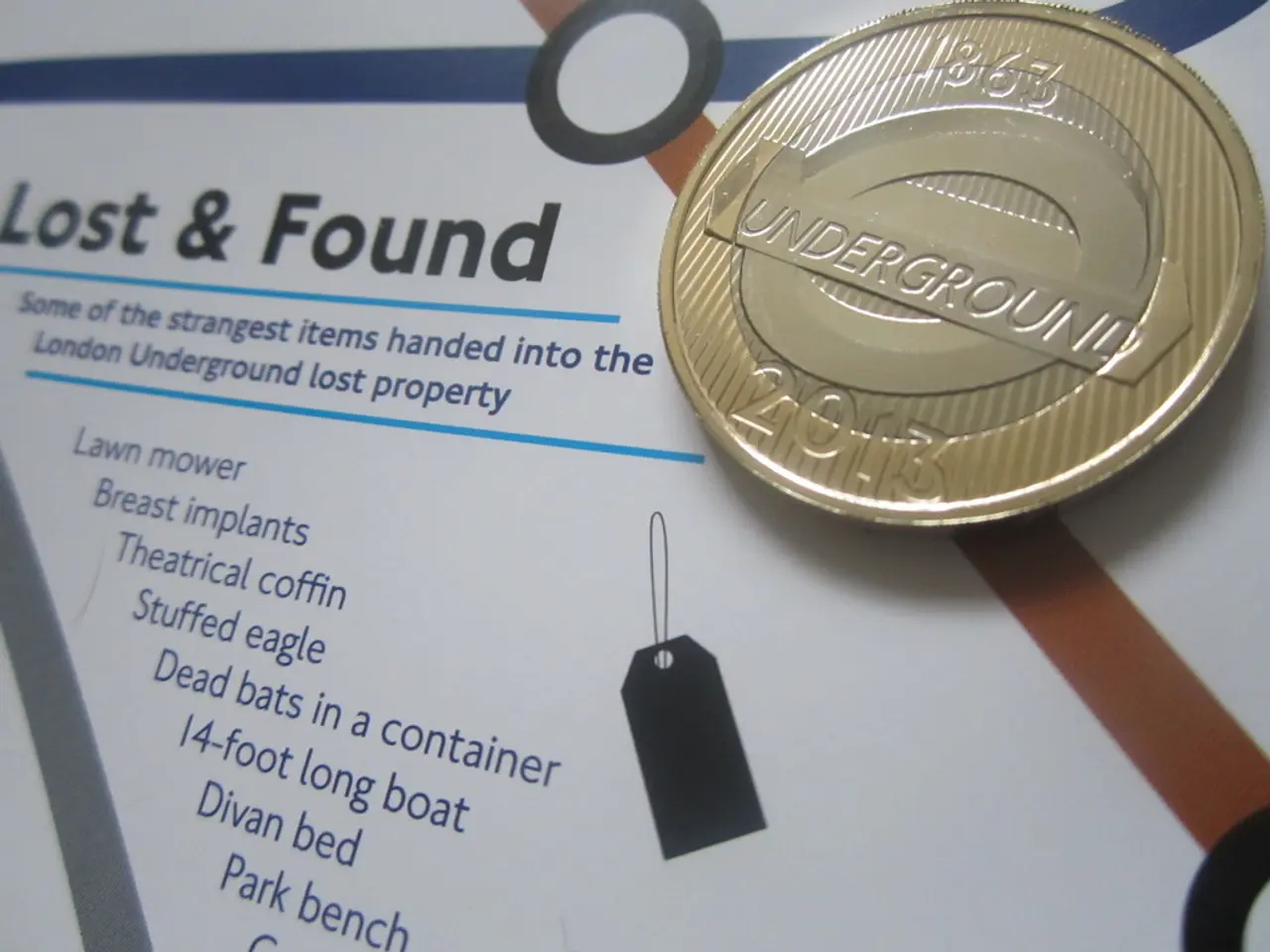Unmasking the Truth: Can Deception Dodge Polygraph Examinations?
In the realm of investigations and employment screenings, lie detector tests, or polygraph tests, are a common tool used to uncover deception and trickery. However, many people believe that they can outsmart these tests by employing various tactics to fool the equipment or the examiner. This article aims to debunk these myths and emphasize the importance of truthfulness.
Contrary to popular belief, common tactics for tricking lie detector tests, such as controlling physiological responses or using physical countermeasures, are largely ineffective against modern polygraph examinations. These responses, which include heart rate, respiration, and skin conductivity, while indicative of stress or deception, are not exclusive to lying—an honest person may be nervous, and a deceptive person may remain calm.
The American Psychological Association and expert committees have stated that there is little scientific basis for expecting polygraphs to have extremely high accuracy. The National Academy of Sciences also critiques the accuracy of polygraphs, especially in security screening contexts, noting their performance is "insufficient to justify reliance."
Despite claims of up to 87% accuracy in detecting deception, these figures are disputed, and courts have often rejected polygraph results as evidence due to reliability concerns. It is important to note that telling the truth remains the most reliable strategy, as it eliminates the need to employ deceptive tactics that may be detectable.
If one is caught attempting to cheat a lie detector test, legal action may be taken. It's better to face the consequences of the truth than to live with the guilt of deception. Trying to trick a lie detector test may only make matters worse.
Our examiners go through extensive training to work with the equipment to ensure they are getting the best results for the client. Being honest and truthful during the lie detector test results in a more accurate and reliable result. The truth cannot be hidden for long, and honesty is always the best policy.
In conclusion, while lie detector tests are designed to detect deception and trickery, common countermeasures are often detectable, and the tests themselves are not infallible. Therefore, the best way to pass a lie detector test is to tell the truth.
- Modern polygraph examinations often fail to be fooled by tactics like controlling physiological responses or using physical countermeasures, as an honest person may exhibit the same signals of stress as a deceptive one.
- The American Psychological Association, expert committees, and the National Academy of Sciences all question the scientific basis of polygraphs, noting their accuracy is insufficient for security screenings.
- Despite the claim of up to 87% accuracy in detecting deception, courts have often rejected polygraph results as evidence due to reliability concerns, emphasizing the importance of honesty.
- Attempting to cheat a lie detector test could result in legal action and carry consequences which far outweigh the initial desire to deceive. Honesty is generally the best course of action during a lie detector test.
- Our trained examiners strive to get accurate and reliable results for clients by working thoroughly with the equipment, making it essential to be truthful during the lie detector test. The truth, ultimately, cannot be hidden for long.




